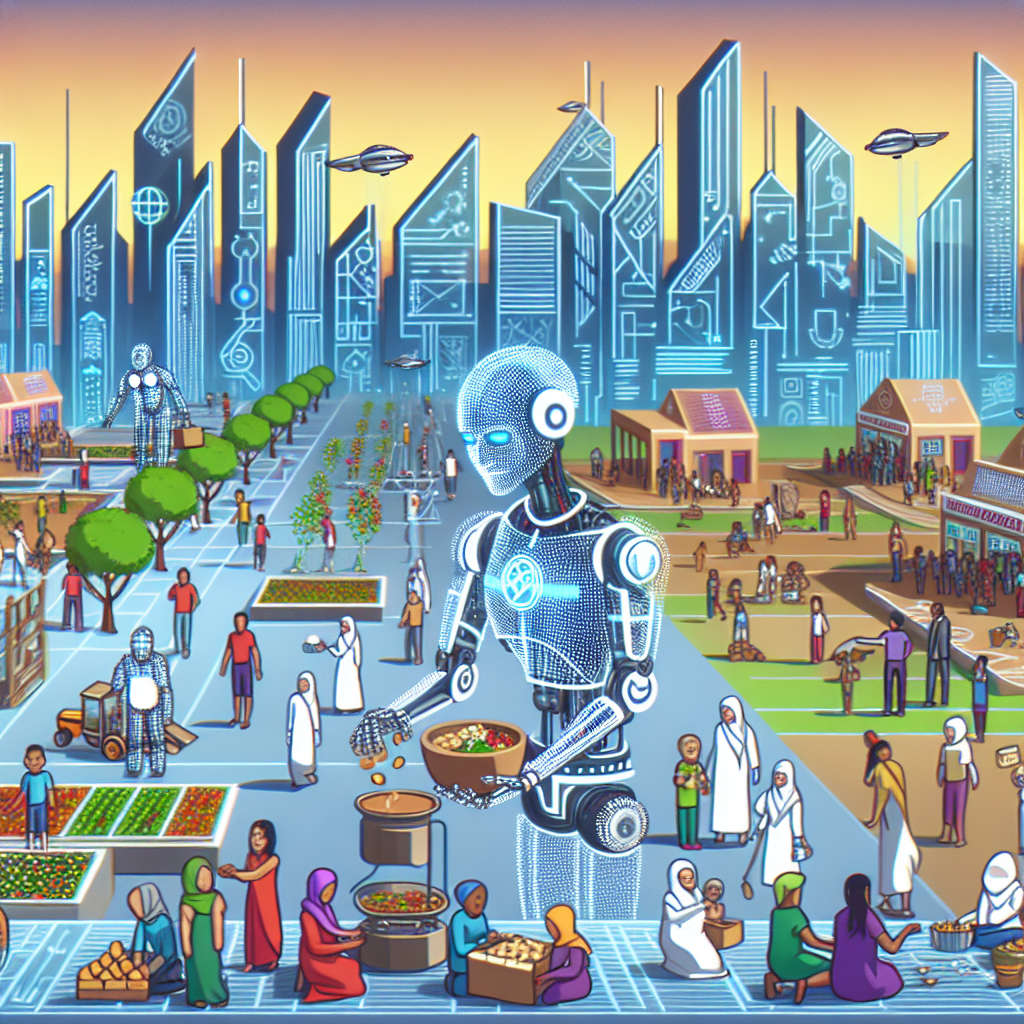The Future of Giving: How AI is Shaping Philanthropy
In recent years, the landscape of philanthropy has been rapidly changing with the advancement of technology, particularly artificial intelligence (AI). AI has the potential to revolutionize the way we give by enabling more personalized, efficient, and impactful giving. From automating donation processes to predicting donor behavior, AI is reshaping the future of philanthropy in ways that were previously unimaginable.
One of the key ways AI is shaping philanthropy is through its ability to analyze vast amounts of data to identify trends and patterns. This allows organizations to better understand their donors, target their fundraising efforts more effectively, and tailor their messaging to maximize donations. For example, AI can analyze donor giving history, demographic information, and online behavior to predict which donors are most likely to give and what appeals will resonate with them.
AI is also being used to automate donation processes, making it easier and more convenient for donors to give. Chatbots powered by AI can answer donor inquiries, process donations, and provide personalized recommendations for giving opportunities. This technology not only streamlines the donation process but also allows organizations to engage with donors in real-time and provide a more personalized giving experience.
Furthermore, AI is helping organizations identify and prioritize areas of need more effectively. By analyzing data on social issues, demographic trends, and donor preferences, AI can help organizations allocate resources to where they will have the greatest impact. This can lead to more strategic and targeted giving that addresses the root causes of social issues and creates long-lasting change.
Another way AI is shaping philanthropy is through its ability to leverage social media and online platforms to reach a wider audience. AI-powered algorithms can analyze social media data to identify potential donors, engage with them through targeted advertising and messaging, and track the impact of these efforts in real-time. This allows organizations to expand their reach, raise awareness for their cause, and attract new donors who may not have been reached through traditional fundraising methods.
Overall, AI is revolutionizing philanthropy by enabling organizations to operate more efficiently, make data-driven decisions, and engage with donors in more personalized and impactful ways. As AI continues to advance, the future of giving will be shaped by technology in ways that have the potential to transform the way we approach philanthropy.
FAQs
Q: How is AI being used in fundraising?
A: AI is being used in fundraising in a variety of ways, including analyzing donor data to predict giving behavior, automating donation processes, and targeting fundraising efforts more effectively. By leveraging AI, organizations can streamline their fundraising efforts, engage with donors in real-time, and personalize their messaging to maximize donations.
Q: Is AI replacing human fundraisers?
A: While AI has the potential to automate certain aspects of fundraising, such as processing donations and engaging with donors through chatbots, it is not replacing human fundraisers. Human fundraisers play a crucial role in building relationships with donors, crafting compelling stories, and inspiring giving. AI is meant to augment, not replace, the work of human fundraisers.
Q: How can organizations ensure the ethical use of AI in philanthropy?
A: Organizations can ensure the ethical use of AI in philanthropy by being transparent about how AI is being used, protecting donor data and privacy, and ensuring that AI is being used to further the organization’s mission and values. It is important for organizations to have clear policies and guidelines in place for the use of AI to ensure that it is being used responsibly and ethically.
Q: What are the potential challenges of using AI in philanthropy?
A: Some potential challenges of using AI in philanthropy include the risk of bias in AI algorithms, concerns about data privacy and security, and the need for organizations to have the technical expertise to implement and manage AI systems. It is important for organizations to be aware of these challenges and take steps to address them to ensure that AI is being used effectively and ethically in philanthropy.

